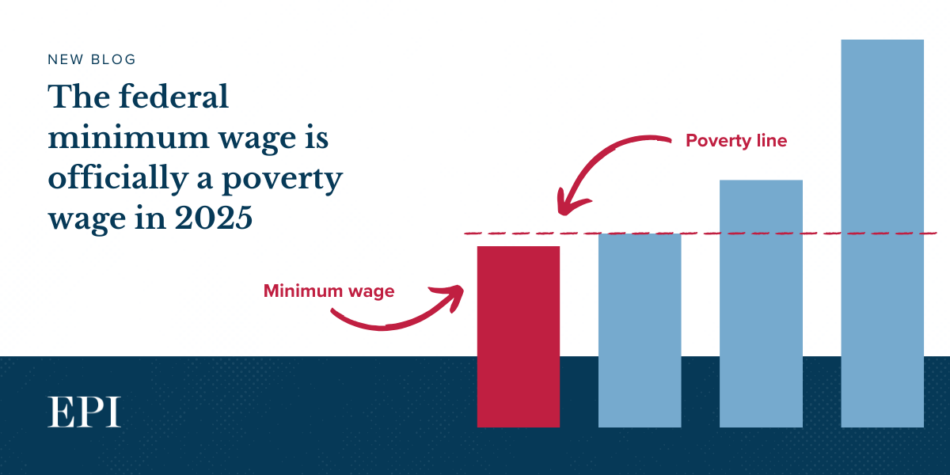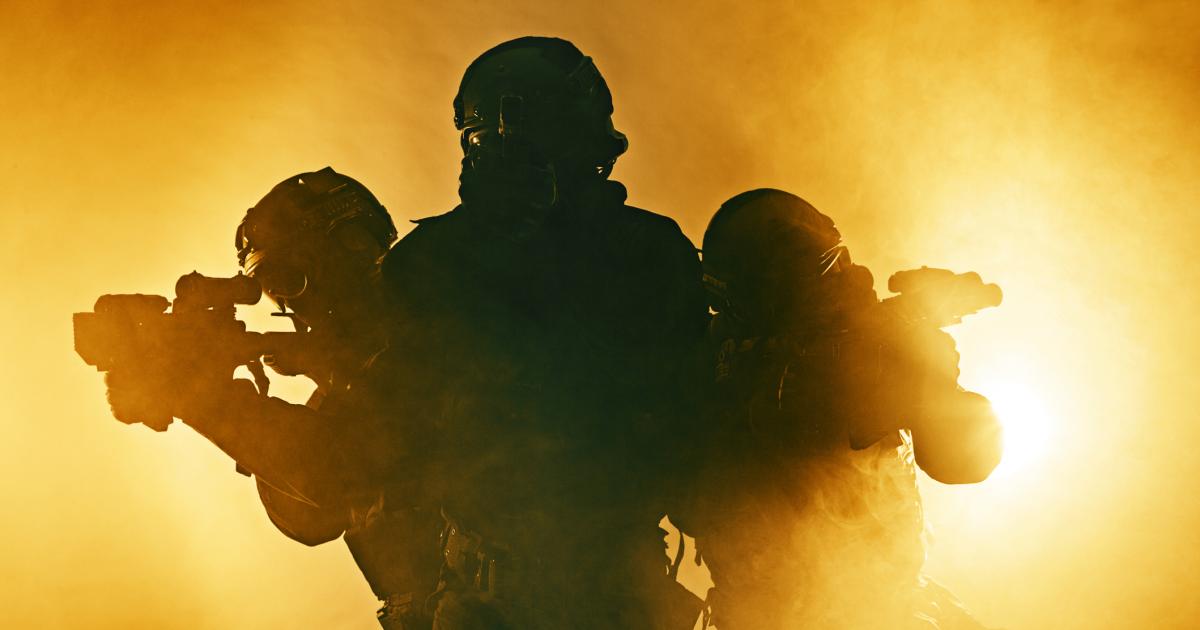The Challenges of Achieving Victory in Modern Warfare

Winning wars that pursue overly ambitious objectives presents significant challenges, particularly when the goals involve total victory over an opposing force, conditional surrender, and demands for leadership or regime changes. Such lofty aspirations often create a vast chasm between the military means at ones disposal and the ends sought, inevitably leading to protracted conflicts. When the targets of war remain just out of reach, it creates an atmosphere of endless struggle, where substantial military forces are required, negotiations become few and far between, and the likelihood of a favorable outcome diminishes over time.
When the war aims of opposing sides cannot be reconciledwhen neither party is willing to reduce their objectivesthe path to victory for at least one side becomes increasingly difficult. Historical data shows that conflicts characterized by extreme violence rarely lead to the complete fulfillment of the original goals set by the involved parties. A relevant example in current geopolitics is the war between Russia and Ukraine. If Russias intent is to conquer Ukraine and replace its government with one that is sympathetic to Moscow, such a non-negotiable goal is met with fierce resistance from the Ukrainians. The longer the conflict drags on, the more entrenched the Ukrainian resolve becomes against any negotiated settlement that might jeopardize their sovereignty. In essence, for Russia to install a pro-Moscow regime in Kyiv, it would require nothing short of a comprehensive military victory over Ukrainea scenario that, while theoretically possible, presents significant complexities compared to a situation that merely involves shifting borders in regions like Crimea and the Donbas.
The relationship between the objectives of war and the means of terminating it has been explored for decades, with notable insights from scholars like Fred Ikl. In his seminal 1971 work, Every War Must End, Ikl asserted that in order to conclude hostilities, one of the belligerents often must revise its war aims. The term revise suggests a reduction or moderation of goals; thus, an aggressor seeking extensive territorial conquests may find itself needing to settle for a more modest gain when faced with staunch local resistance. Similarly, a nation fighting for its independence may have to consider compromises regarding territorial claims or shift its geopolitical stance to bring an end to the conflict. The crux of the matter is that wars tend to linger when neither side is prepared to reassess or lower its initial ambitions.
Wars can conclude through various mechanisms: territorial disputes may be resolved with border adjustments, punitive engagements may finish once an agreed-upon level of retribution has been met, and conflicts fought for national pride may cease when one side feels a sufficient level of honor has been reclaimed. However, even in these scenarios, the end of hostilities is not a straightforward process, as both sides may find their aims evolving during the course of the fightingoften escalating in response to the costs incurred as the war progresses. Ikl aptly noted, Those with power to start a war frequently come to discover that they lack the power to stop it.
The challenge of ending a war intensifies when the objectives pursued are absolute and non-negotiable. Goals such as regime change, genocide, or complete domination of a state create a binary outcome: either the goal is achieved entirely, or it fails completely. For the opposing side, compromise is often not an option; there can be no half-measure in achieving regime change or genocide. Consequently, such conflicts are likely to endure without a resolution unless one side achieves a total military victory or unless the international community intervenes.
In conclusion, the intricacies of achieving victory in warfare extend beyond mere military capabilitiesbe it technology, resources, troop strength, or tactical acumen. Political considerations play a critical role as well. When aspirations become unreasonably lofty, requiring total domination over an adversary, the odds of achieving victory diminish significantly.



























